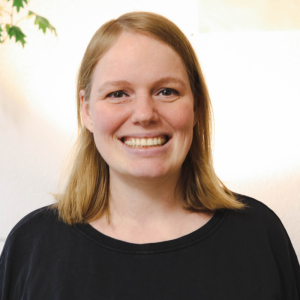PhD project
In 1989, the SED (Sozialistische Einheitspartei Deutschlands; Socialist Unity Party of Germany) seemed to collapse along with the GDR it led. However, through personnel and content restructuring it was able to save itself under the name Partei des Demokratischen Sozialismus (PDS; Party of Democratic Socialism) and established itself as a successful East German regional political party, whose influence also extended to Western Germany. As a left-wing democratic as well as anti-capitalist political force, it became a permanent factor within the political landscape of the 'unification society' (Vereinigungsgesellschaft).
The PhD project examines how the PDS transformed itself both at the federal and state level with regard to personnel, organization and program since the fall of 1989 and how it developed in the 1990s.
The following aspects will be addressed:
- the organizational, financial and personnel development of the party apparatus
- its programmatic role in the 'unification society'
- biographical contexts of key actors
- development and self-image in the context of parliamentary democratic systems as well as social anchors and interactions
This transformation to a post-communist party was described by several social scientific studies at the end of the 1990s. New access to internal documents and the distance in time allow a contemporary historical reanalysis of the events.

